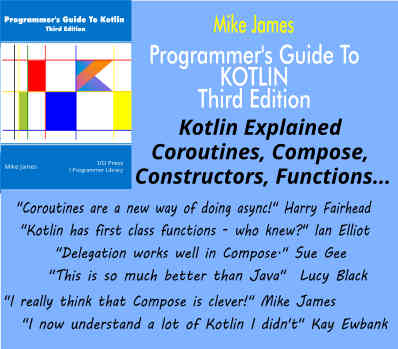| Rust 1.20 Adds Associated Contents |
| Written by Kay Ewbank |
| Monday, 11 September 2017 |
|
Systems programming language Rust has been updated again to add support for associated constants. The Cargo features have also been improved. Rust was originally sponsored by Mozilla, and is designed to be safe, fast and concurrent without having a garbage collector. Intended uses include embedding in other languages, writing programs with specific space and time requirements, and writing low-level code, like device drivers and operating systems. The support for associated constants complements Rust's existing support for associated functions. These could be associated with traits, structs, and enums. An associated function is one that is associated with the type itself, rather than any particular instance. Rust 1.20 adds the ability to define “associated constants” as well, so you can have code like this: which associates the constant Traits can also have associated constants, and those associates with traits have extra power. With a trait, you can use an associated constant in the same way you’d use an associated type: by declaring it, but not giving it a value. The implementor of the trait then declares its value upon implementation. Cargo, Rust's package manager, has also been updated. The first change means that the crates.io secret authentication token has been moved to a location that means it can be given a permission level meaning it is hidden from other users on your system. Prior to this it used to be stored in the configuration file, meaning it would usually be stored with a permission level meaning it was world-readable. Elsewhere in Cargo, the way secondary binaries are stored means you can keep larger binaries more separate from one another.
More InformationRelated ArticlesUpdated Rust Improves Documentation Rust Hits Stable 1.0 - So What? Rust 0.4 Full Integration of Borrowed Pointers To be informed about new articles on I Programmer, sign up for our weekly newsletter, subscribe to the RSS feed and follow us on Twitter, Facebook or Linkedin.
Comments
or email your comment to: comments@i-programmer.info |


